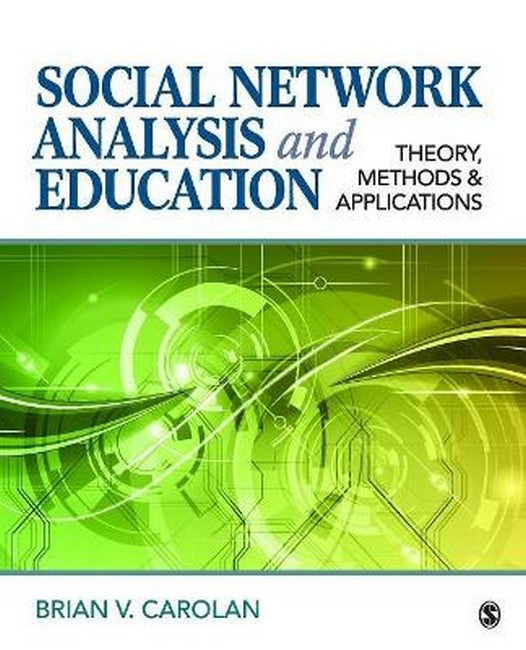Brian V. Carolan is Associate Professor of Quantitative Research Methods at Montclair State University. Prior to joining Montclair State University in 2010, he was Associate Professor of Social Foundations of Education in the Department of Education, College of Staten Island, CUNY. He received his B.A. in sociology from Rutgers University, M.Phil in sociology from Columbia University, and his Ph.D. in sociology and education from Teachers College, Columbia University. Brian has published widely in a variety of areas related to education, covering issues such as high school size, grade span configuration, and the social organization of classrooms. This diversity of topical interests reflects his desire to employ methodological strategies from different disciplines to examine phenomena that are of interest to educational stakeholders. Consequently, his work has appeared in diverse outlets, including Social Networks, Educational Researcher, Teachers College Record, Journal of Research on Adolescence, and others. He currently teaches graduate-level research methods courses to students in the educational and health services fields.
Request Academic Copy
Please copy the ISBN for submitting review copy form
Description
Part I. Theory and Concepts Chapter 1. The Social Network Perspective and Educational Research Chapter 2. Historical, Theoretical, and Analytical Foundations Chapter 3. Basic Concepts Part II. Methods and Measures Chapter 4. Collecting and Managing Network Data Chapter 5. Structural Measures for Complete Networks Chapter 6. Groups and Positions in Complete Networks Chapter 7. Measures for Egocentric Networks Part III. Applications and Examples Chapter 8. An Introduction to Statistical Inference with Network Data Chapter 9. Network Data and Statistical Models Chapter 10. Social Capital Chapter 11. Diffusion Chapter 12. Looking Back, Looking Ahead
"I have no doubt that this text is a groundbreaking addition to the knowledge of this particular field." -- Donald W. Good "I value the way the author has conceptualized a very broad field and has organized it into a coherent, cohesive text. I think the weaving in of specific examples is key to the work's success and will make the book stand apart." -- Alan J. Daly "The writing style makes network theory and methods accessible to researchers who have limited experience in conducting network analysis." -- August E. Grant

